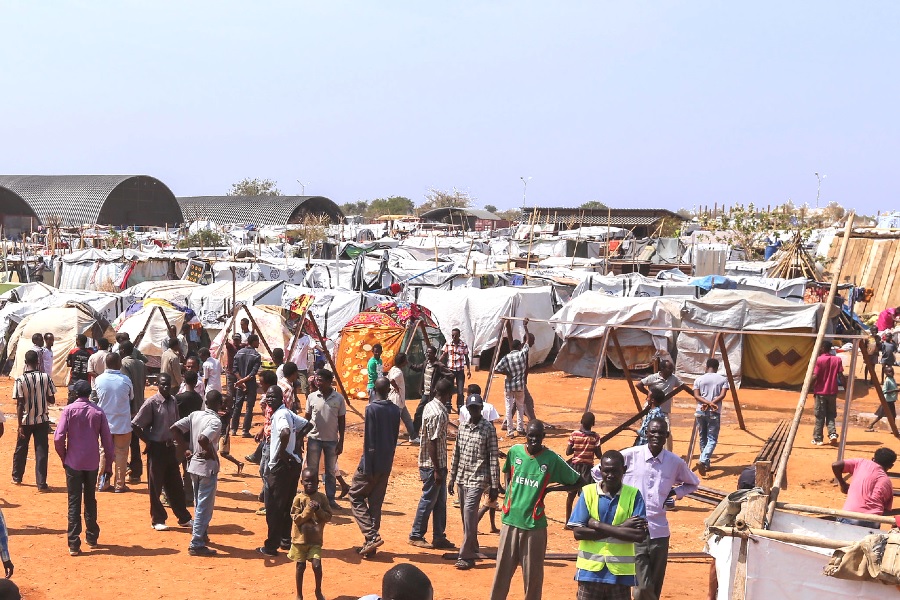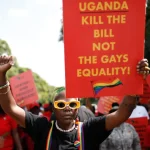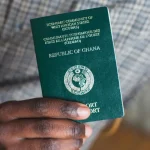
Amnesty International has said that thousands of people in Nigeria were at risk of forced resettlement ahead of a deadline to close camps for internally displaced people (IDPs).
More than two million people in the country’s northeast were forced to flee their homes in the past 12 years after attacks by Islamic-state linked jihadists and rival group Boko Haram.
Many live in sprawling camps and rely on humanitarian aid to survive.
In a bid to encourage people to resume farming, the authorities in Borno — the state most affected by the conflict — initiated a plan in 2018 for people to return home voluntarily.
The local government’s plan is to close all the camps in the capital Maiduguri by the end of December, and all the camps in the state by 2026.
But NGOs and now Amnesty have warned that the move could negatively impact thousands of people.
In a new report based on 38 interviews, Amnesty said many “are being forced to leave the IDP camps with short notice” and are “coerced to remain in resettled areas despite escalating attacks.”
The Islamic State West Africa Province (ISWAP) group, which has recently taken over from Boko Haram, continues to attack the military and communities in the northeast.
In one area where IDPs have recently resettled, in Mafa district, Amnesty said at least six people were killed and 14 injured just a month after their return from Maiduguri.
“Returning displaced persons forcibly to villages that are not safe would be in violation of the Nigerian government’s responsibility of protecting the right to life of civilians,” said Osai Ojigho, Amnesty International Nigeria’s director.
The rights group added that most resettled people “have little or no access to essential services like drinking water, healthcare, sanitation.”
“It is absolutely shocking that people who already suffered so much… would further be exposed to horrendous possible violations and abuses, instead of receiving protection from the authorities,” said Ojigho.
The government did not respond to a request for comment on Amnesty’s report but has previously denied claims that people are being forced to areas that are unsafe.
Borno authorities said displaced people are given options, along with cash and food for three months for those who wish to rent housing in Maiduguri.
Earlier this month, the governor banned humanitarian organisations from distributing food and aid to newly resettled communities across the state, a moved condemned by aid workers.
The goal, the governor said, was “to (wean) people off humanitarian food distribution and instead replace (it) with empowering people and giving them dignity to buy their own food and determine their future.”
But aid workers in Nigeria who help to provide assistance to more than eight million people in need told AFP they were worried about the measure.
The exact number of former IDPs now resettled is unknown but at least three camps in Maiduguri, representing 86,000 people, have already closed.
Five more camps, that host more than 140,000 people, are due to shut down by December.






